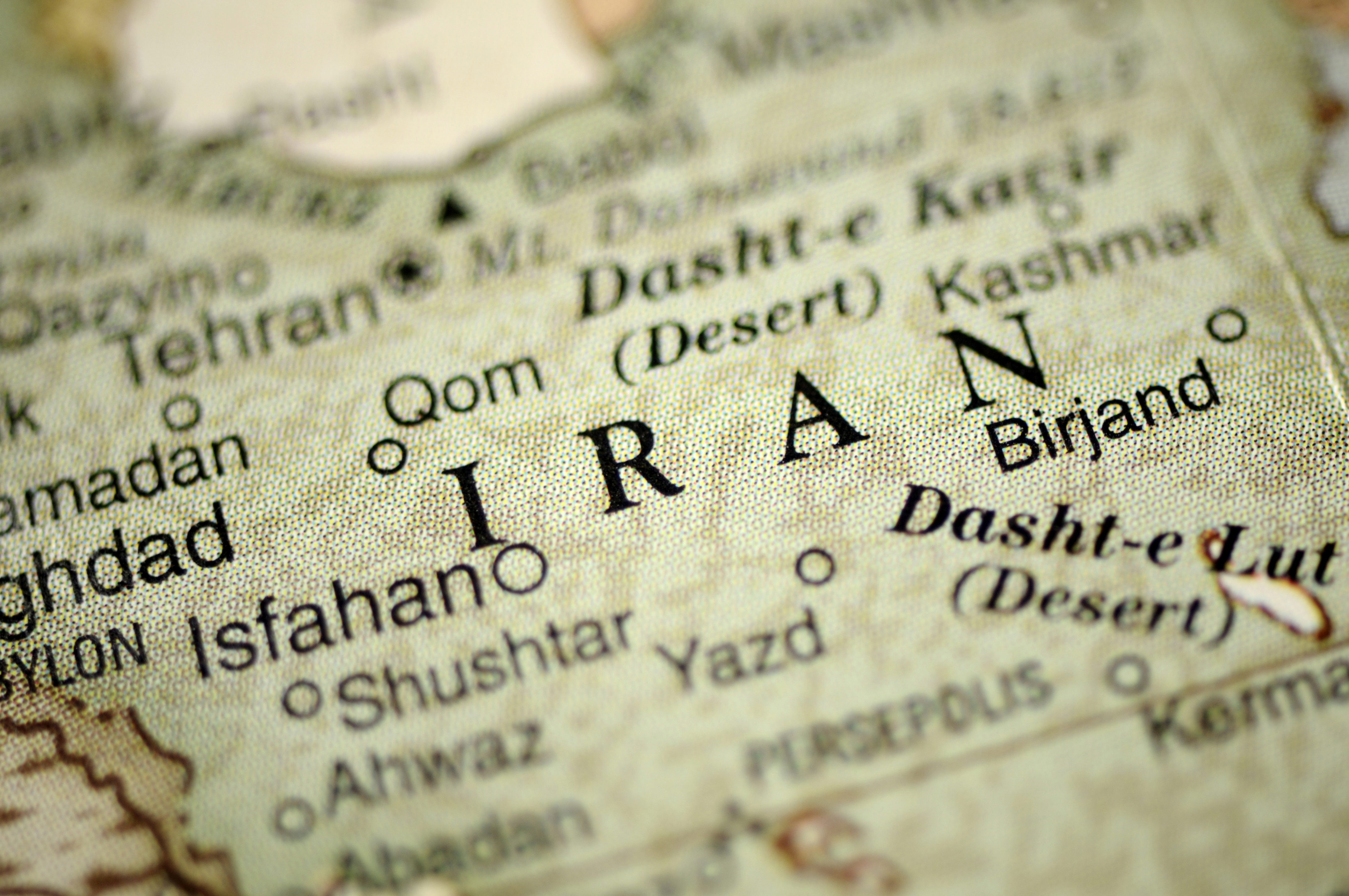Various US officials, including secretary of state John Kerry, have attempted to reassure European banks on funding authorised Iranian trade, but without written confirmation from the US Treasury, the reopening of trade finance lines will continue to be hard work.
It has been almost six months since the official lifting of nuclear sanctions as part of the Joint Comprehensive Plan of Action (JCPOA), and large international banks have attended countless meetings with governments trying to encourage them to fund the tremendous trade and investment opportunity Iran presents.
In the most recent example last week, Kerry told Deutsche Bank, HSBC, Credit Suisse, Standard Chartered, BNP Paribas, Santander, RBS, Barclays and Lloyds representatives in London that “legitimate business, which is clear under the definition of the agreement, is available to banks”.
Still, none of them have reopened their business lines in the country yet, for fear of falling foul of the many sanctions applying to US persons.
A survey published today (May 18) by Clyde & Co confirms that remaining US sanctions are also dissuading businesses from re-entering Iran, with 25% of senior executives of UK-headquartered international businesses looking at Iran naming these as their top concern – more than any other category.
Clyde & Co explains that although there has been significant sanctions relief, the US sanctions that remain in place are proving a strong disincentive to businesses looking to do business with Iran, and even more so their financiers.
John Whittaker, partner at Clyde & Co, explains: “The remaining US sanctions are a concern, not because the US sanctions apply directly but due to the uncertainty amongst exporters and their financiers about the consequences of breaching the remaining sanctions.”
The second-greatest concern for survey respondents is the possibility of snapback of sanctions (15%), closely followed by lack of availability of credit (14%). Furthermore, 30% of respondents said they were not comfortable talking to their current banks about their appetite to do business with Iran.
“This is very telling. If a third of the businesses looking to enter Iran are so worried about sanctions that they are fearful of discussing their plans with their own banks, then there is a problem,” adds Whittaker.
Clyde & Co survey results
| Biggest concern about doing business with Iran | (%) |
| Remaining US sanctions | 25 |
| Possibility of a snap-back of sanctions | 15 |
| Availability of credit | 14 |
| Availability of insurance coverage | 12 |
| Available business structures | 11 |
| Corporate governance concerns | 10 |
| Opaqueness of corporate information and the impact on counterparty due diligence | 7 |
| Intellectual property rights | 6 |
Despite all these obstacles, small and medium-sized banks have been much more bullish when it comes to Iran. The country’s EN Bank confirms to GTR that it has re-established correspondent relations with Belgium’s KBC Bank, Germany’s EIH Bank (which focuses solely on funding German-Iranian trade), Denmark’s Danske Bank and Austria’s Oberbank. “We are following up the matter in order to make correspondent relations with other banks as soon as possible,” an EN Bank spokesperson adds.
Other large Nordic banks have also reopened business with Iran for their clients. Delisted Iranian banks, which have been back on the Swift system since February, are very optimistic, to the point of divesting the sectors they got involved in after their financial services business was virtually incapacitated due to sanctions. According to local media, Pasargad Financial Group, which owns Iran’s second-largest bank, is planning to sell some of its companies on the securities market Fara Bourse for about US$330mn.







